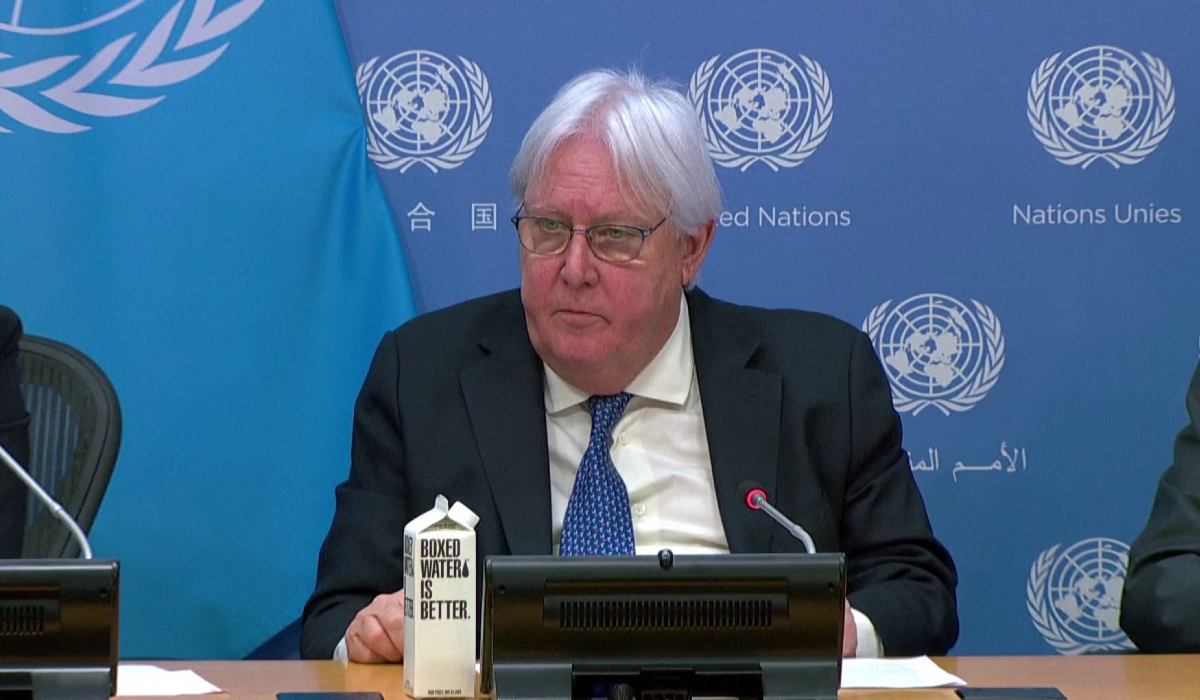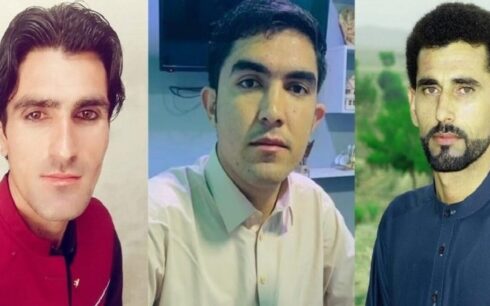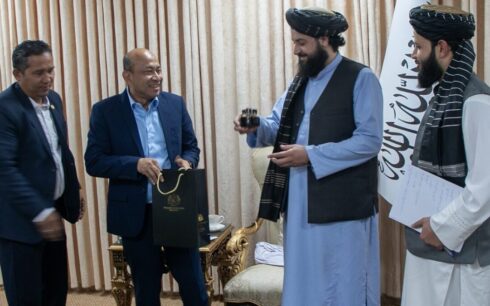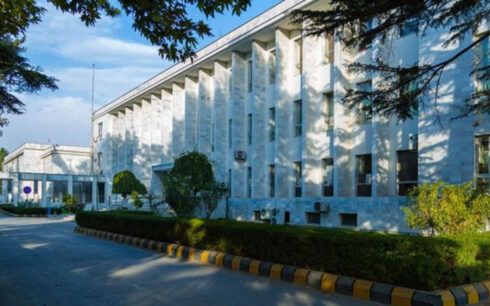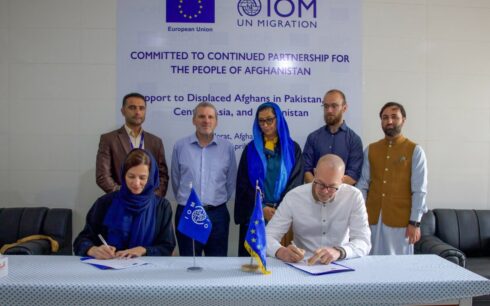The UN aid chief Martin Griffiths on Monday warned that the Taliban’s ban on women aid workers in Afghanistan is “a potential death blow” to many important humanitarian programs in the country.
Addressing a news conference, Griffiths that if the Taliban don’t make exceptions to their edict “this would be catastrophic.”
He said a delegation including international aid groups made the case that Afghan women are critical to humanitarian operations during meetings last week with nine Taliban officials, including Afghanistan’s foreign affairs and economy ministers.
“We were asked to be patient,” the UN official said. “We were told that guidelines are being developed by the Taliban authorities which would provide, allegedly, the functioning of women in humanitarian operations.”
Griffiths who visited Afghanistan this month and met with Taliban officials said the Taliban’s consistent message “that there will be a place for women working” was “a slightly patronizing message, but it’s an important one.”
He added that after the Dec. 24 edict by the Taliban barring aid groups from employing Afghan women, the health minister granted an exception for women in the health field and the education minister granted an exception for those involved in primary education.
According to him, the humanitarian delegation told the Taliban that if they weren’t going to rescind the edict “then we must expand these exceptions to cover all the aspects of humanitarian action.”
“Let’s see if these guidelines do come through. Let’s see if they are beneficial. Let’s see what space there is for the essential and central role of women in our humanitarian operations,” he said.
Griffiths said the United Nations would continue operating in Afghanistan wherever it could, but there was a concern that international donors might not want to commit to the huge financial cost of aid at around $4.6 billion a year.
“I don’t want any of us to have any illusions about the huge gravity of this situation,” he said. “It’s a potential death blow to many, many very important humanitarian programs in what we have described as one of the most difficult and priority areas for humanitarian assistance protection.”
“There’s been a lot of support for our position and a real understanding of why we need our women back to work in order to do the work,” said Janti Soeripto, president and CEO of Save the Children US. “But we need to have that support continued.”
Soeripto added that they would meet with donors at the end of the week to make the case for why Afghanistan needed help during an intense humanitarian crisis in which 28 million people were in need of aid, including 6 million on the brink of famine.

